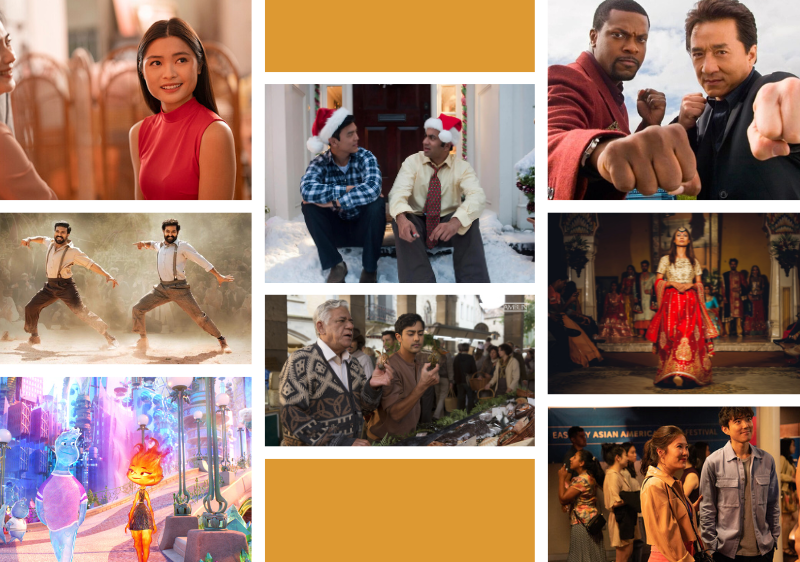This month marks a year since I started writing for Cold Tea Collective. I often find myself reflecting on anniversaries—large and small—so I spent some time thinking about why I decided to write here to begin with and our relationship is going (spoiler: I’m sticking around).
How I wanted to be Jay Caspian Kang but also not Jay Caspian Kang
When I was sixteen, I started consuming online news much like I did dino nuggets at age six. This mostly was before paywalls when ad blocker extensions and incognito mode would do the trick. I’d splurge my time on a fringe outlet here and there, but I read lots of what I considered mainstream articles: The Atlantic, The New York Times, Politico, and the like.
Reading articles with big words was a bit like cosplaying adulthood to me. I felt connected to the world through the news and loved that sensation. However, these articles had a noticeable gap.
Personally, I observed that The Wall Street Journal or Washington Post never featured things my family would discuss at the dinner table. To me, how certain movies made us feel and how the perceptions of our family at my school impacted my day-to-day life were newsworthy. I wanted to read those stories—to hear what other people who were similar but different enough from us felt.
I wasn’t alone in this thought. Certainly, editors noticed the odd silence across the board (and the growing Asian American readership). They brought what they thought were Asian American discourses in the form of voices like Jay Caspian Kang, Viet Thanh Nguyen, and Hua Hsu into the public purview.
I admired those Asian American writers, and their words still strike my heart in moving and poignant ways. But when they are among the few allowed to whisper in the common ear, the language and vision around Asian America shrinks.
As far as I could tell from what I read, Asian Americans all fell along a spectrum that ranged from coastal model minority…
Read the full article here





